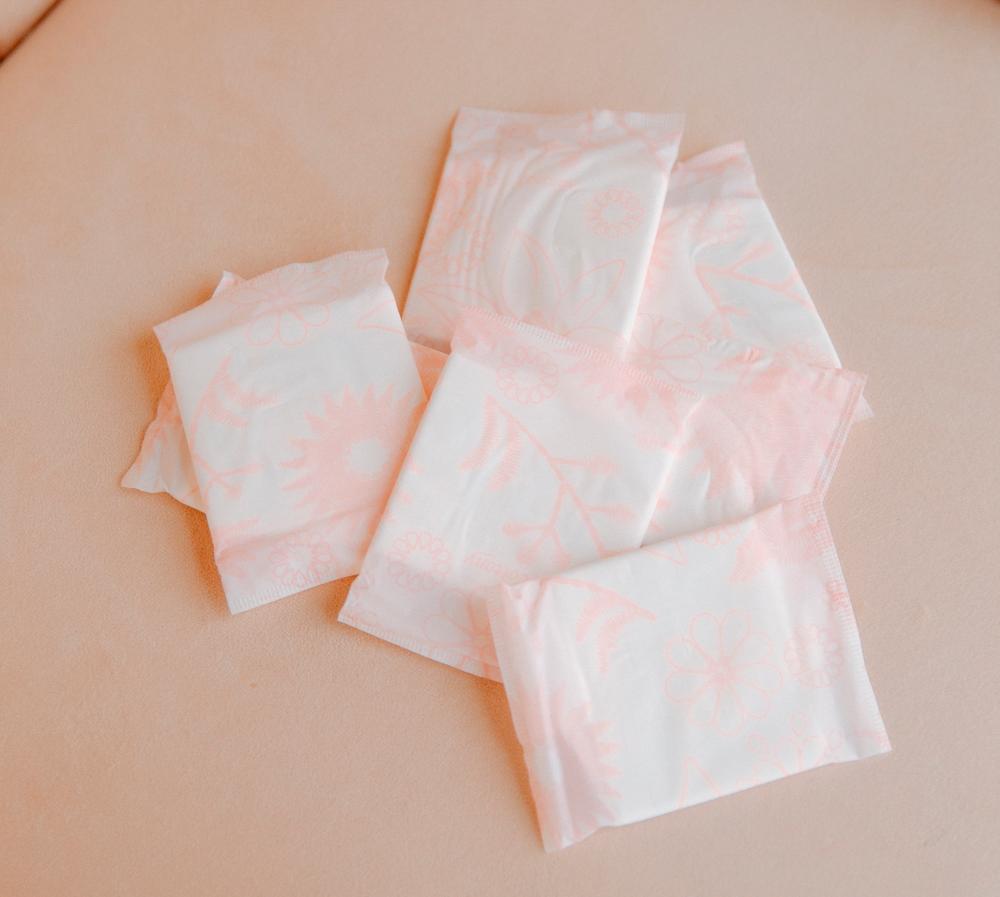PETALING JAYA: Menstruation, a regular biological occurrence, forces millions of girls around the world to drop out of school each year. Women miss work at that time of the month, and it’s all down to a serious, yet little discussed issue called “period poverty”.
Without access to proper sanitary products, they either go into hiding or end up using unsafe alternatives such as toilet paper, rags and even newspapers.
Those who choose to miss work on those crucial days end up losing their jobs.
The B40 or lower income community are the hardest hit and, according to Bulan Sisters, a youth-led campaign to demystify menstruation and eradicate period poverty in underprivileged communities, there is insufficient data to determine the extent of the problem in Malaysia. As a result, it is difficult to reach out to those who are affected.
The situation has only worsened with the Covid-19 pandemic. “When you have trouble putting food on the table, sanitary products quickly drops down the priority list, Bulan Sisters pointed out to theSun.
They said women in the rural B40 communities are the worst hit as a result of the lack of knowledge on menstruation and the importance of hygiene.
“It is made worse by the lack of allocation for the proper sanitary products given limited resources. Low-income families are less inclined to spend money on pricey frequently used menstruation items,” they said.
However, turning to unhygienic methods comes with health hazards.
Last but not least is the shame attached to this biological attribute in many cultures.
Bulan Sisters said the first step towards addressing the problem is to have the community work with the government and non-governmental organisations on a nationwide data collection effort. “Based on the data, we can formulate a step-by-step approach to address the core issue,” they said.
In the long term, they said, there should be policy changes to make menstrual products free for all, and a subject on period should be part of the education system.
Apart from that, they said, the government could be more involved by incorporating forward-thinking approach in addressing the issue. “For instance, we can introduce a programme to have women in the B40 group sew reusable period pads for sale. This is a sustainable ecosystem that not only provides jobs but also gives women access to these essential items.”
In the short term, they said, the government could give away sanitary products such as disposal pads for free to communities that face period poverty to tide them over the initial lean period. Such efforts are already under way in Sabah where girls from indigenous communities learn about the menstrual cycle through “Bulan Move-ment” workshops organised in collaboration with Girl Guides of Kuala Lumpur.
Personal menstrual kits are also distributed to those attending these workshops.
Sarawak Women for Women Society (SWWS) committee member Kimberley Tan said that while the government’s decision to abolish the “pink tax” in 2018 has made sanitary products cheaper, it has not led to a decline in period poverty. “That is another reason why data is so essential. It will tell us where the gaps are, which communities are struggling with period poverty and how it can be tackled,” she told theSun.
Tan suggested the Education Ministry introduce sexual health education in the syllabus to break the taboo on menstruation.
“Providing menstrual products at school will also help to ease the financial burden of low-income families,” she said.
Tan noted that while there were many food aid programmes during the Covid-19 pandemic, there has not been any for sanitary products. To address the shortfall, SWWS, in collaboration with KuchingFoodAid, initiated a Sanitary Protection Donation Drive.
“We use our platform to raise funds to purchase sanitary products for distribution and raise awareness on period poverty.”














